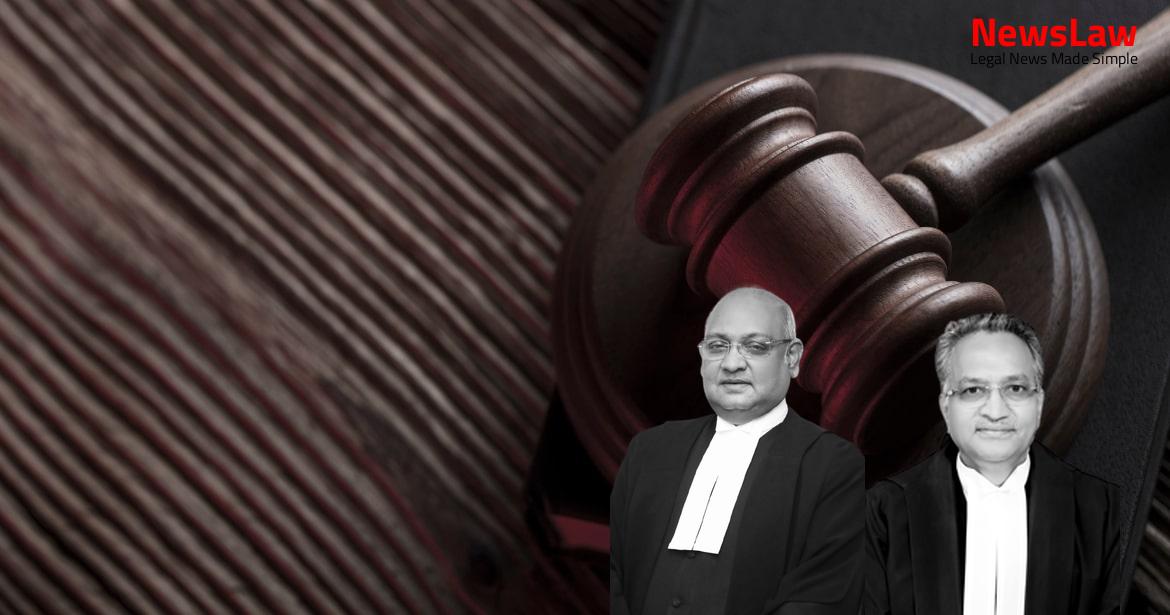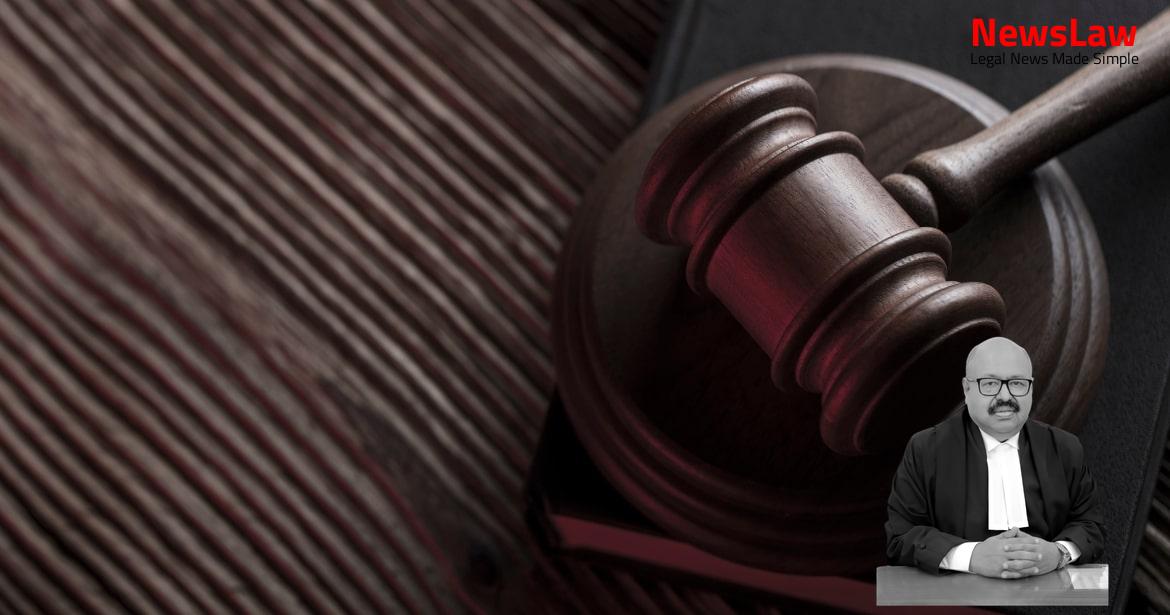In a recent judgement by the Supreme Court of India, a legal battle between the Maharashtra Electricity Regulatory Commission and the Steel Industry unfolded. The case involved the imposition of additional supply charges which the steel industry, a bulk consumer, sought refund for. The State Commission’s decision, challenged by the steel industry, was thoroughly examined. The judgement brought clarity on the legality of the imposed charges and the rights of the parties involved.
Facts
- The Maharashtra Electricity Regulatory Commission imposed additional supply charges for uninterrupted power supply to bulk consumers like the steel industry
- The Commission later discontinued these additional supply charges in a tariff order passed on 20 June 2008
- The steel industry, a bulk consumer, is claiming a refund of additional supply charges collected from them during specific financial years
- The steel industry, being a continuous process industry, was not subjected to load-shedding by the distribution licensee
- The Commission conducted a public hearing regarding the matter
- The Appellate Tribunal for Electricity noted that Original Name is a continuous process industry on express feeder and not subjected to load-shedding.
- The State Commission had imposed a reliability charge on all consumers, including Original Name, due to ZLS from June 16, 2009, to March 31, 2010.
- The Appellate Tribunal set aside the State Commission’s order from June 15, 2009.
- It was noted that Original Name had already been compensated for providing continuous supply.
- The Tribunal found that neither Section 62(3) of the 2013 Act nor the Rules and Regulations supported the levy of reliability charge.
- There was a difference in tariff rates between continuous industries like Original Name and non-continuous industries, with the former paying higher tariffs.
- Effective from June 1, 2008, the tariff for continuous industries was 4.30 paisa per kWh, and for non-continuous industries was 3.95 paisa per kWh.
- From August 1, 2009, the rates were increased to 5.05 paisa kWh for continuous industries and 4.60 paisa kWh for non-continuous industries.
Also Read: Supreme Court of India Judgment: Tarsem Lal v. Enforcement Directorate
Arguments
- The Petitioner argued that non-participation in the public hearing implies consent to pay the reliability charge.
- The Petitioner contended that the 1st Respondent had no standing to challenge the Commission’s order but could have sought review.
- It was mentioned that the reliability charge was imposed for a specific period and objections could have been raised during the scheme’s extension.
- The Petitioner highlighted that the 1st Respondent, a bulk electricity consumer, holds a significant consumption share in the Pen Circle.
- Referring to Section 62 (3) of the 2003 Act, it was argued that the Commission has the authority to introduce schemes for supply improvement in a region.
- The counsel for the Petitioner pointed out the existence of the reliability charge in other circles and emphasized that it applies to consumers enjoying ZLS.
- Despite the ZLS benefit, the 1st Respondent did not partake in the public hearing organized by the Commission.
- Learned senior counsel representing the first respondent highlighted the findings by the Tribunal.
- He argued that the Tribunal’s decision should not be disturbed.
Also Read: Dani Wooltex Corporation v. Sheil Properties – Legal Case Summary
Analysis
- The Tribunal found that Vidharba Industries Association, of which the 1st respondent is a member, had raised an objection through an affidavit.
- The appellant had the right to challenge the legality of the Commission’s order.
- No statutory basis was found to support the levy of a reliability charge by the appellant.
- Any aggrieved person has the remedy to appeal.
- The 1st respondent, being a continuous process industry on an express feeder, paid a higher tariff to avoid load-shedding.
- The 1st respondent was directly affected by the reliability charge.
- Participation in the public hearing was not a prerequisite for filing an appeal against the Commission’s order.
- The main question considered was the liability of the 1st respondent to pay the reliability charge.
- The appellant was not entitled to impose a reliability charge on customers like the 1 respondent.
Also Read: State of Himachal Pradesh vs. Accused Vijay: Landmark Judgment by High Court of Himachal Pradesh
Decision
- The appeal was found to have no merit
- As a result, the appeal was dismissed
Case Title: MAHARASHTRA STATE ELECTRICITY DISTRIBUTION CO. LTD. Vs. M/S JSW STEEL LTD. (2024 INSC 442)
Case Number: C.A. No.-008413-008413 – 2009



